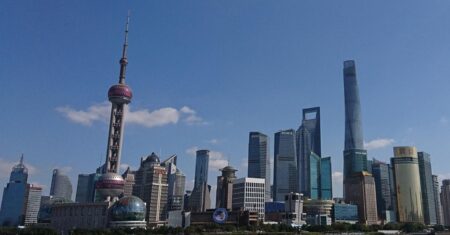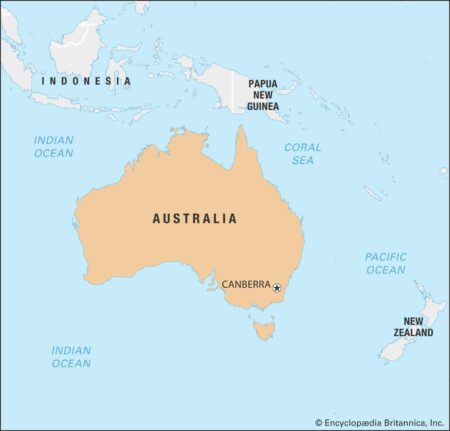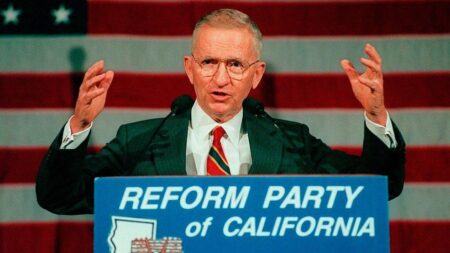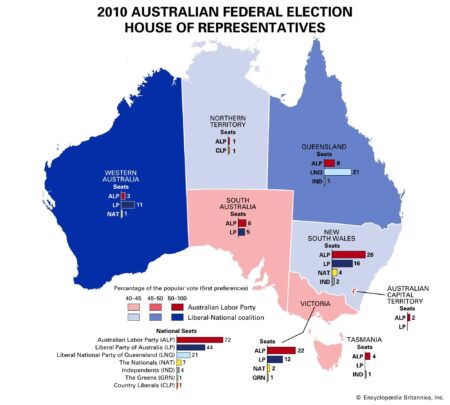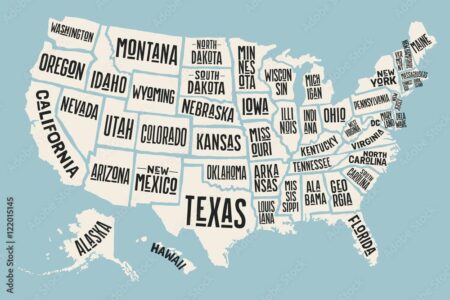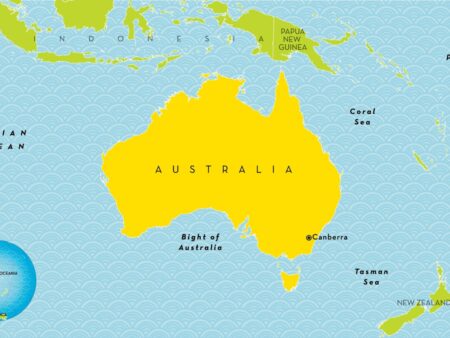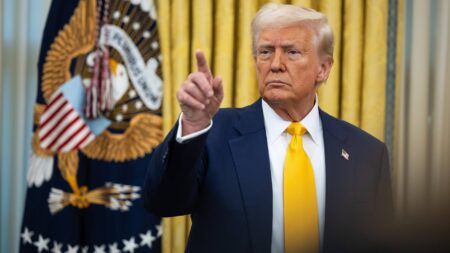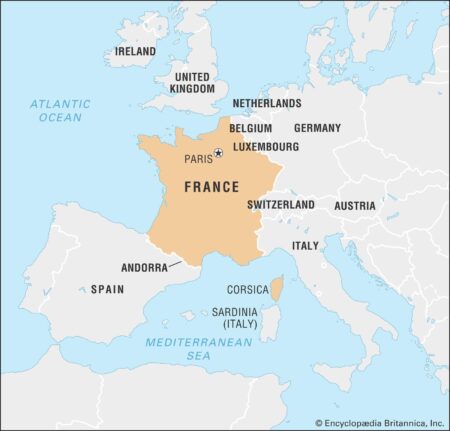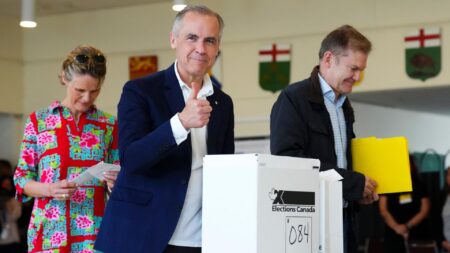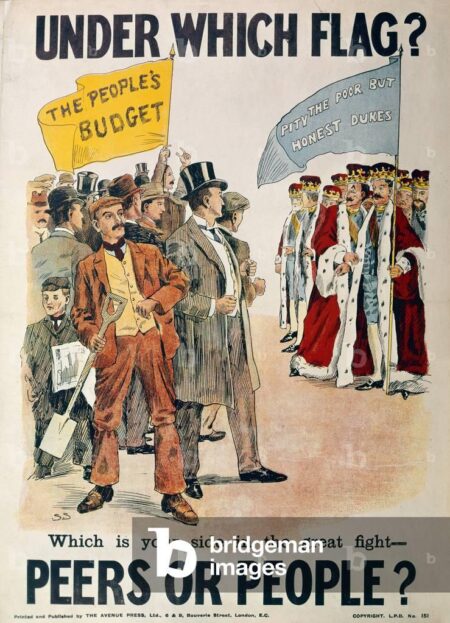In a world where geopolitical dynamics shift at lightning speed, Brazil’s President is taking a bold step back to redefine the country’s position on the global stage. Faced with mounting economic hurdles and pressing environmental issues, his administration is committed to skillfully maneuvering through intricate international relations while championing sustainable growth for the future.
Browsing: governance
The DC Bar election reflects intriguing trends observed in Canada and Australia, as well as the recent papal selection process. With a growing chorus advocating for reform, this election shines a spotlight on the evolving priorities and pressing concerns within the legal community.
In a daring shift, Argentine President Javier Milei’s revolutionary economic reforms, often described as a “chainsaw,” are making waves as inflation takes a nosedive and investments flourish. While critics voice their apprehensions, supporters passionately contend that it’s high time for bold measures to revitalize the faltering economy.
In a surprising turn of events, James Johnson has officially stepped down as CEO of Football Australia, signaling the close of a pivotal chapter for the organization. His resignation arrives at a time when Australian football is undergoing transformative reforms, prompting stakeholders to reflect on what lies ahead for the sport.
In a bold move, Argentina’s President Javier Milei is forging a new alliance with the United States, aiming to secure vital support for his groundbreaking reforms. This partnership is set to enhance Argentina’s economic resilience as it navigates through persistent challenges.
Recent electoral setbacks for conservative parties in Australia and Canada have unveiled intriguing parallels. Voter frustration over critical issues like climate policy and economic management is driving a significant shift in political loyalties, compelling right-leaning leaders to engage in urgent self-reflection.
Germany’s new chancellor, initially seen as reserved, is stepping into the spotlight with a surprisingly vibrant leadership style. As he tackles intricate domestic and international challenges, his remarkable adaptability could reshape the nation’s political landscape in exciting ways.
As Canada embraces a fresh chapter under Prime Minister Carney, curiosity swirls around how well the electorate grasps his vision. With a blend of optimism and apprehension, countless voters are taking a moment to ponder their decisions and the exciting new path that lies ahead for the nation.
China has warmly congratulated Australia’s Labor Party on their recent electoral triumph. This friendly gesture hints at a promising shift in diplomatic relations, as both countries aim to strengthen their ties and move beyond previous tensions
Australia’s Prime Minister shared his delight after a “warm” conversation with former President Trump about tariffs, following Trump’s recent re-election. This engaging dialogue underscores the strong economic ties and exciting potential for future trade negotiations between the two nations.
The newly rebranded Reform Party is poised to shake up UK politics, tapping into the rising wave of dissatisfaction with established parties. With its bold populist policies, it aims to draw in disenchanted voters and transform the political arena like never before.
Following the recent Australian Federal Election, the U.S. Department of State has underscored the vital role of democratic processes around the world. Officials are intently observing the election results, showcasing how crucial U.S.-Australia relations are in our ever-changing geopolitical landscape.
In a crucial turning point for global governance, Tangle News highlights the pressing need for the United States to protect democratic ideals at home and abroad. With challenges to democratic institutions on the rise, taking proactive steps is vital to ensure their continued existence.
Australia’s Prime Minister Anthony Albanese has triumphantly clinched a second three-year term, solidifying his leadership during a time of economic hurdles and ambitious climate initiatives. As he gears up for the upcoming legislative session, his government is poised to drive transformative reforms and elevate social programs, promising a brighter future for all Australians
Australia’s richest tycoon has thrown his weight behind a “Trump-style” governance model, highlighting its promise to invigorate business and drive economic growth. Yet, recent voter surveys reveal a striking divide in public sentiment, as many Australians lean towards more conventional leadership styles.
Argentina’s recent bailout, orchestrated with the help of the IMF, highlights the significant role that political connections play in shaping economic choices. With Trump’s allies applying pressure, the burden of compliance could weigh heavily on everyday Argentinians, sparking crucial discussions about accountability and national sovereignty.
In a remarkable political turnaround, Erin Carney triumphed in her Canadian riding, propelled by a wave of discontent with Donald Trump’s policies. Voters came together, united in their resolve to counteract the divisiveness they felt, sending a powerful message: “Trump is trying to break us.”
France has officially unveiled an exciting new charter dedicated to championing the use of high-integrity carbon credits. This bold initiative is set to revolutionize the carbon market by enhancing transparency and accountability. With this move, France aims not only to strengthen its environmental efforts but also to ensure that every step taken towards sustainability is credible and trustworthy.
In the wake of his recent election triumph in Canada, Finance Minister Mark Carney is stepping into the spotlight as a dynamic global leader, ready to take on the policies of former President Trump. With a vision for stronger international collaboration, Carney is determined to tackle urgent economic challenges head-on.
Following the Liberal Party’s triumphant win in Canada, experts are buzzing with insights about its global ramifications. Analysts believe this victory is a powerful endorsement of progressive policies and a renewed focus on climate action, solidifying Canada’s position as a beacon of leadership in international diplomacy and collaboration.









